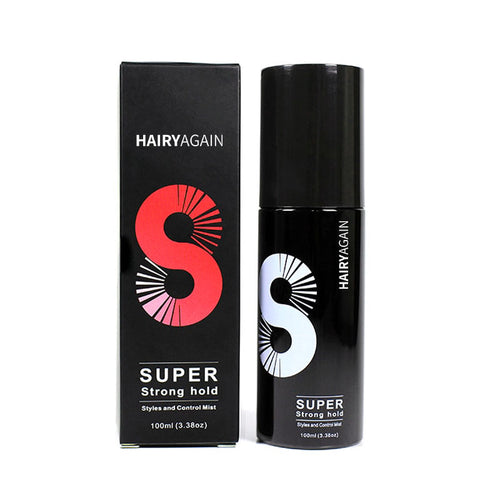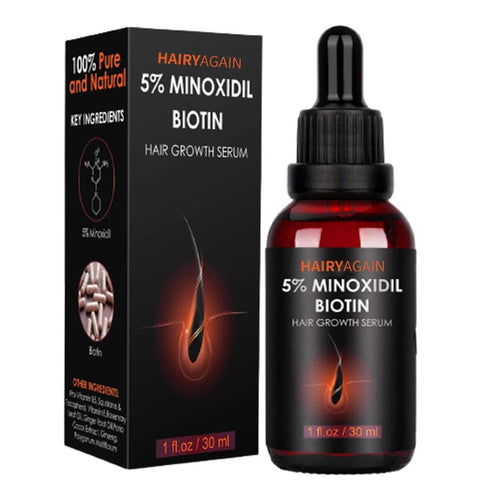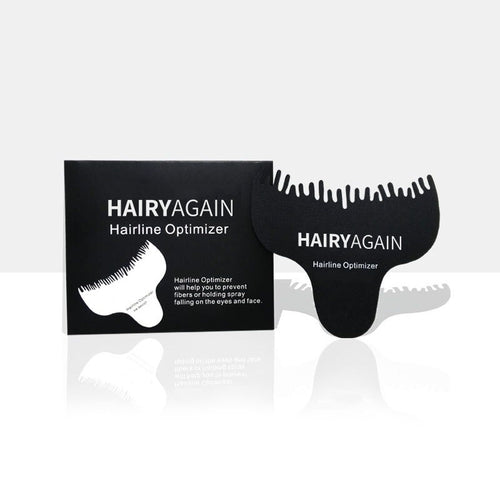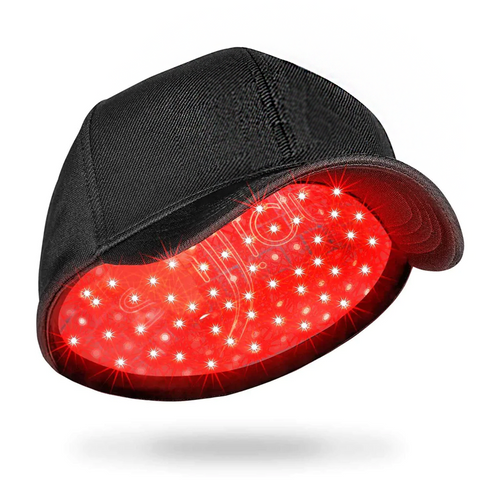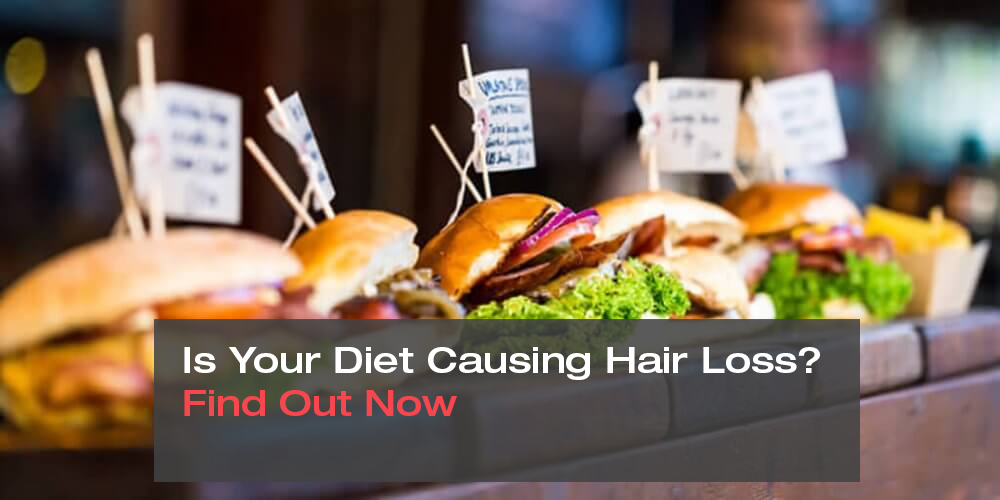Hair loss can be a frustrating and distressing experience for anyone, regardless of age or gender. There are many factors that contribute to hair loss, and one of the most overlooked is diet. What you eat can have a significant impact on the health of your hair, and understanding the link between diet and hair loss is crucial if you want to prevent or reverse this condition.
In this article, we will explore the relationship between diet and hair loss, debunk some common myths about hair loss, and provide practical tips to help you achieve a healthy diet that supports hair growth.
The Link Between Diet and Hair Loss
Your hair is made up of a protein called keratin, which is produced by the body using amino acids. These amino acids are obtained from the protein in your diet, so it is essential to consume enough protein to support hair growth. In addition to protein, your body needs a variety of vitamins and minerals to maintain healthy hair, including:
- Biotin
- Iron
- Zinc
- Vitamin A
- Vitamin C
- Vitamin D
- Vitamin E
If you are not getting enough of these nutrients in your diet, it can lead to hair loss and other hair-related problems.
Debunking Common Myths About Hair Loss
There are many myths about hair loss that can be misleading and prevent you from finding the right solutions. Here are a few common myths debunked:
Myth 1: Washing your hair too often can cause hair loss.
This is not true. Washing your hair frequently will not cause hair loss. However, using harsh shampoos or styling products can damage your hair and cause it to break, leading to thinning and hair loss.
Myth 2: Wearing a hat causes hair loss.
Wearing a hat does not cause hair loss. However, wearing a tight-fitting hat or one that is dirty can damage your hair and scalp, leading to hair loss.
Myth 3: Stress is the only cause of hair loss.
While stress can cause hair loss, it is not the only cause. Other factors, such as genetics, hormonal imbalances, and medical conditions, can also contribute to hair loss.
Practical Tips for a Healthy Diet That Supports Hair Growth
Now that you understand the link between diet and hair loss and have debunked some common myths, here are some practical tips to help you achieve a healthy diet that supports hair growth:
Tip 1: Consume Enough Protein
Make sure to consume enough protein in your diet to support healthy hair growth. Good sources of protein include lean meats, fish, eggs, beans, and nuts.
Tip 2: Eat a Balanced Diet
A balanced diet that includes a variety of fruits, vegetables, whole grains, and healthy fats is essential for maintaining healthy hair. Incorporate foods rich in vitamins and minerals such as biotin, iron, and zinc to support healthy hair growth.
Tip 3: Avoid Crash Diets
Crash diets can deprive your body of essential nutrients, leading to hair loss and other health problems. Avoid extreme diets that limit your food intake and focus on sustainable, healthy eating habits.
Tip 4: Stay Hydrated
Drink plenty of water to keep your body and hair hydrated. Dehydration can cause hair to become brittle and break, leading to hair loss.
Available Solutions for Hair Loss
Dietary Solutions for Hair Loss
If you're experiencing hair loss, it's essential to adjust your diet accordingly. Here are some dietary solutions that can help:
- Consume foods high in protein, such as eggs, fish, and lean meats.
- Eat iron-rich foods such as leafy greens, red meat, and beans.
- Incorporate vitamin D-rich foods such as fatty fish, mushrooms, and egg yolks into your diet.
- Add biotin-rich foods like nuts, seeds, and eggs to your meals.
- Consider taking a multivitamin or supplement that contains biotin, iron, and vitamin D.
More solutions for Hair loss
If you are experiencing hair loss, there are several available solutions that can help, including medication, hair transplant surgery, and non-invasive procedures such as laser therapy. One temporary and non-invasive solution to hair loss is HairyAgain hair building fibers.
HairyAgain hair building fibers are made with natural ingredients and are dermatologist-recommended. They are designed to cover
the thinning areas of your scalp, giving the appearance of a fuller head of hair. These fibers are a great solution for individuals who want to see immediate results without the hassle of a long-term commitment. However, it is important to note that hair fibers should be used in conjunction with other hair loss treatments for the best results.
It's important to note that while HairyAgain hair building fibers provide a temporary solution for thinning hair, they do not promote hair growth. It is still important to address the underlying cause of your hair loss in order to achieve long-term results.
In addition to HairyAgain hair building fibers, there are several other options available for those experiencing hair loss. Medications such as finasteride and minoxidil have been shown to be effective in preventing further hair loss and even promoting regrowth in some individuals. Hair transplant surgery is also an option for those looking for a permanent solution to hair loss.
Non-invasive procedures such as low-level laser therapy have also shown promise in promoting hair growth and reducing hair loss. These treatments work by stimulating blood flow to the scalp and hair follicles, promoting a healthier environment for hair growth.
It is important to consult with a healthcare professional or hair loss specialist to determine the best course of treatment for your individual needs. With the right treatment plan and a commitment to hair health, you can combat hair loss and achieve a fuller, healthier head of hair.
FAQs About Diet and Hair Loss
-
Can a low-carb diet cause hair loss? A low-carb diet can cause hair loss if you're not consuming enough protein or iron. It's essential to incorporate these nutrients into your meals, even if you're limiting your carb intake.
-
Can a vegan diet cause hair loss? A vegan diet can cause hair loss if you're not consuming enough protein and iron. Plant-based sources of these nutrients include beans, lentils, nuts, and seeds.
-
Can drinking more water prevent hair loss? Staying hydrated is essential for overall health, but it's unlikely to prevent hair loss on its own. However, dehydration can lead to hair breakage and brittleness, so it's important to drink enough water for healthy hair.
-
Can supplements help prevent hair loss? Supplements containing biotin, iron, and vitamin D can help prevent hair loss if you're not getting enough of these nutrients from your diet. However, it's best to consult with a healthcare provider before starting any supplements.
Conclusion
In conclusion, what you eat plays a significant role in maintaining healthy hair. A lack of protein, iron, vitamin D, and biotin in your diet can lead to hair loss. By incorporating these nutrients into your meals, you can help prevent hair loss and promote healthy hair growth. Remember to consult with a healthcare provider if you're concerned about your hair loss, as there may be underlying medical conditions that need to be addressed.

